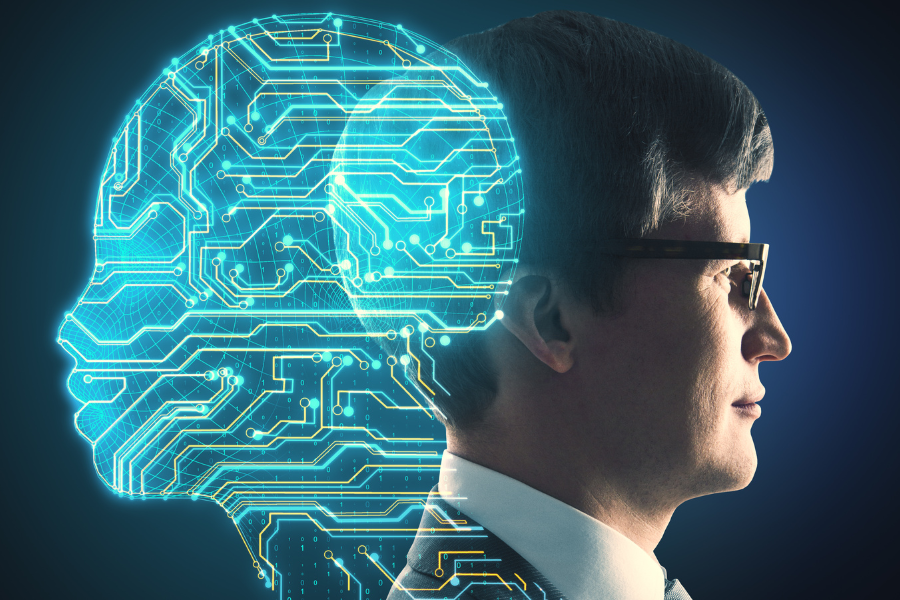
Artificial Intelligence (AI) is revolutionizing the healthcare industry, and the impact of AI on patient care is growing every day. From diagnosis and treatment to patient monitoring and management, AI is changing the way healthcare is delivered. In this article, we will explore the future of AI in healthcare and how it is transforming patient care.
One of the most significant areas where AI is revolutionizing patient care is in the field of diagnosis. AI-powered systems can analyze vast amounts of patient data and provide accurate and timely diagnoses. These systems use machine learning algorithms to detect patterns and anomalies in patient data, which can help doctors make more informed decisions. AI-powered diagnostic tools can also reduce the time it takes to diagnose a patient, allowing doctors to provide treatment more quickly.
Another area where AI is making a significant impact is in treatment. AI can help doctors identify the most effective treatment options for patients based on their medical history, genetic information, and other factors. This can lead to more personalized and targeted treatment plans that are tailored to each patient’s unique needs. Additionally, AI can help doctors monitor patients’ responses to treatment and adjust treatment plans as needed.
AI is also transforming patient monitoring and management. Wearable devices and sensors can collect data on patients’ vital signs, activity levels, and other health metrics, which can be analyzed by AI-powered systems. This allows doctors to monitor patients remotely and detect changes in their health status in real-time. AI can also help doctors identify patients who are at risk of developing health problems and intervene before the problem becomes more severe.
Another area where AI is having a significant impact on patient care is in medical research. AI can help researchers analyze vast amounts of data and identify new patterns and connections that were previously undiscovered. This can lead to the development of new treatments and therapies that can improve patient outcomes.
Looking to the future, AI is likely to continue to transform patient care in many ways. One area where AI is expected to have a significant impact is in the development of precision medicine. Precision medicine is an approach to healthcare that uses genetic, environmental, and lifestyle factors to develop personalized treatment plans for patients. AI-powered systems can analyze vast amounts of patient data to identify the most effective treatment options for each patient, based on their unique characteristics.
Another area where AI is expected to have a significant impact is in the development of telemedicine. Telemedicine is the delivery of healthcare services remotely, and it has become increasingly popular in recent years. AI-powered systems can help doctors provide remote consultations and diagnose patients using telemedicine platforms. This can improve access to healthcare for patients who live in remote areas or who have mobility issues.
However, there are also some challenges associated with the use of AI in healthcare. One of the biggest challenges is ensuring the accuracy and reliability of AI-powered systems. These systems are only as good as the data they are trained on, and it is important to ensure that the data used to train these systems is unbiased and representative of the population.
Another challenge is ensuring patient privacy and data security. AI-powered systems require access to vast amounts of patient data, and it is important to ensure that this data is protected from unauthorized access or theft. Additionally, patients need to be informed about how their data is being used and have the option to opt-out of having their data used for AI research or other purposes.
In conclusion, AI is revolutionizing patient care, and the impact of AI on healthcare is only going to continue to grow in the future. AI-powered systems can help doctors diagnose and treat patients more effectively, monitor patients remotely, and develop new treatments and therapies. However, it is important to address the challenges associated with the use of AI in healthcare, such as ensuring the accuracy and reliability of AI-powered systems and protecting patient privacy and data security.